Composting; Saving the planet one green bin at a time
Photo courtesy Sofia Gabrielle
The founders of the composting initiative, juniors Divya Subramanian, Sofia Gabrielle, Emily Liu, Ashley Chan, and Nico D’Orazio, stand by their green composting bins in the cafeteria.
On Feb. 1, green garbage cans emerged in the Commons and cafeteria. These were not waste bins, but compost bins. An initiative launched in August by a group of five juniors has brought composting to the school and is working to secure grants for other schools to install composting as well.
The initiative started when a group of friends met to hang out over the summer. They began a discussion about school composting. After more discussion and planning, the students met with Principal Doug Nelson via Zoom to present their idea, which Nelson supported.
The group then needed to complete paperwork and apply for grants. Junior Emily Liu led the initiative and was instrumental in initiating the process, by discussing the group’s proposal with administrators, the financial office, building services, and the MCPS recycling program manager, John Meyer, before reaching out to the PSTA. “After we got everyone’s approval, we worked to apply for the Wootton Parent Teacher Student Association’s grant and were awarded $800,” Liu said.
The group initially wanted to create their own compost bin on school grounds, but that idea was vetoed by Nelson and the administration. The students then turned to Compostology, an organization that specializes in school composting. A few months later, compost bins came to school.
Compostology was founded in 2020 by two current Richard Montgomery juniors, Angelina Xu and Advika Agarwal. The students aimed to tackle the roughly 14,000 tons of food waste thrown out in MCPS schools annually through composting. Compostology has been working alongside MCPS and Fredrick County Schools to spread their message.
Junior Sofia Gabrielle has worked on every stage of the process to get composting in the school. She helped launch the campaign and has been advocating for composting for the past seven months. “We just thought it was a good idea because there’s so much food that gets wasted in schools. Composting is important because it’s another way to help our environment. And if you’re thinking of smaller ways to give back to the planet, composting is a good way not to have food end up in incinerators,” Gabrielle said.
Composting is an essential tool for protecting the planet. Composting improves water quality by retaining pollutants such as heavy metals, nitrogen, phosphorus, oil and grease, and improves the health of the soils. According to AP Environmental Science teacher, James Forsberg, the earth’s soil is one of its most vital resources and composting
When food waste decomposes in low-oxygen conditions, such as in a landfill, it emits methane, a greenhouse gas that has 80 times as much warming power as carbon dioxide once it reaches the atmosphere. Through composting, food waste is able to decompose aerobically (with oxygen), meaning that it doesn’t release methane. Over 50 percent of municipal garbage is compostable, and 28 percent of all waste deposited into landfills can be composted.
Now that the group has successfully brought composting to the school, they are working on spreading their message to other schools. On Jan. 12 and 13, the students set up a table in the Commons where students could write postcards to governor Wes Moore, advocating for grants to fund school composting programs across the state of Maryland.
However, the initiative still needs help from the community. With the students in the group graduating after next year, they are looking for younger students to carry on their mission to better the planet. Also, with a monthly cost of $160, the group is also looking for more funding.
Your donation will support the student journalists of Thomas S. Wootton High School. Your contribution will allow us to purchase equipment and cover our annual website hosting costs.
Kate is a 2024 graduate.


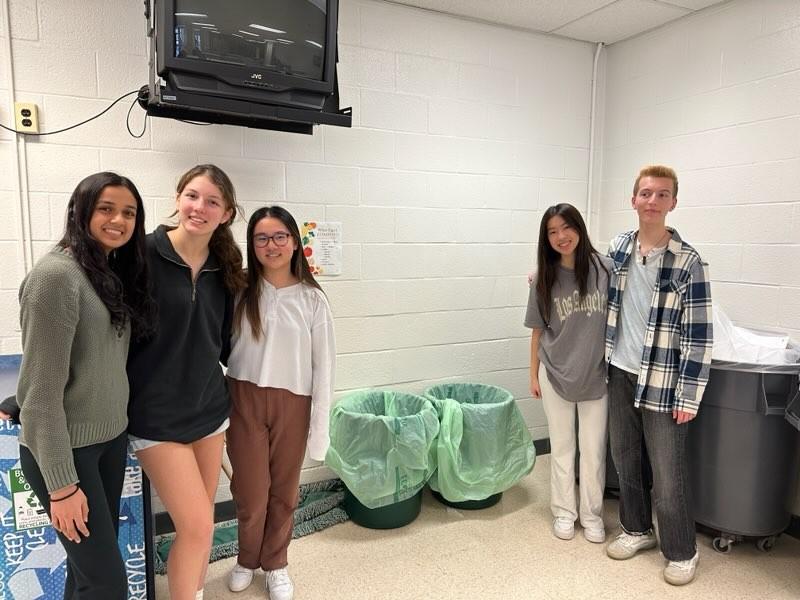
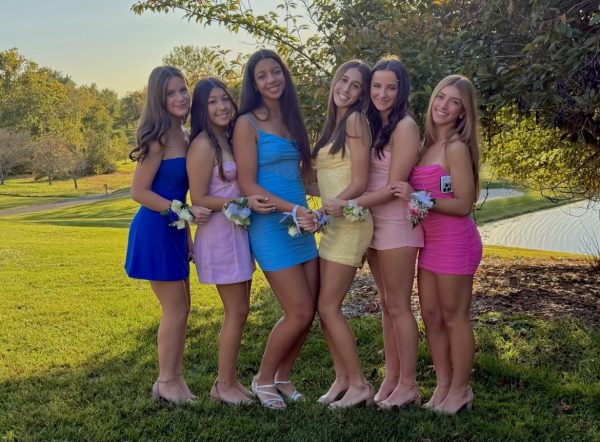
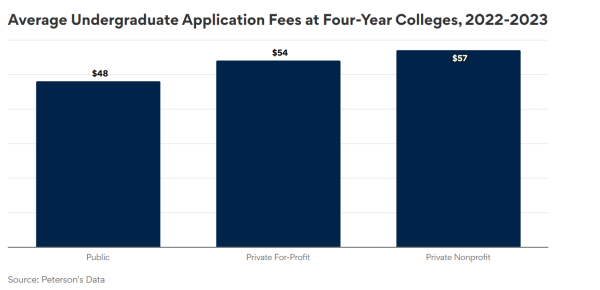
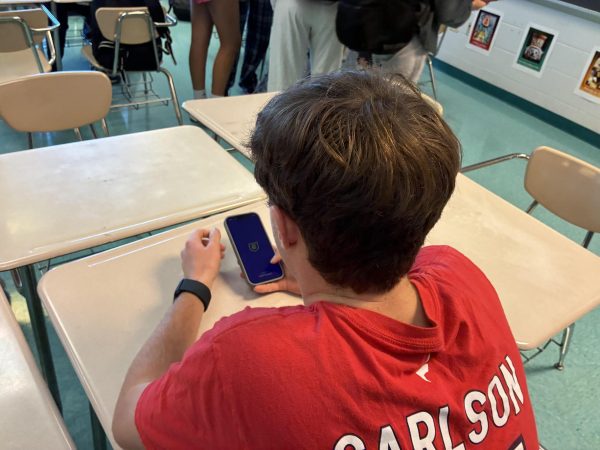
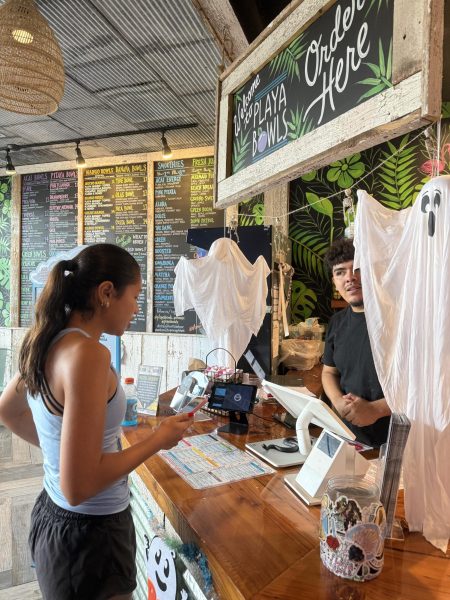
![Editors-in-Chief Ahmed Ibrahim, Helen Manolis, Cameron Cowen, Alex Grainger, Emory Scofield, Hayley Gottesman, Rebekah Buchman and Marley Hoffman create the first print magazine of the year during the October press days. “Only a quarter of the schools in MCPS have programs that are like ours, a thriving, robust program. That makes me really sad. This is not just good for [the student journalists] to be doing this, it’s good for the entire community. What [student journalists] provide to the community is a faith in journalism and that continues for their lifetimes," Starr said.](https://woottoncommonsense.com/wp-content/uploads/2025/10/wmpoFTZkCPiVA3YXA4tnGoSsZ4KmnKYBIfr18p3l-450x600.jpg)